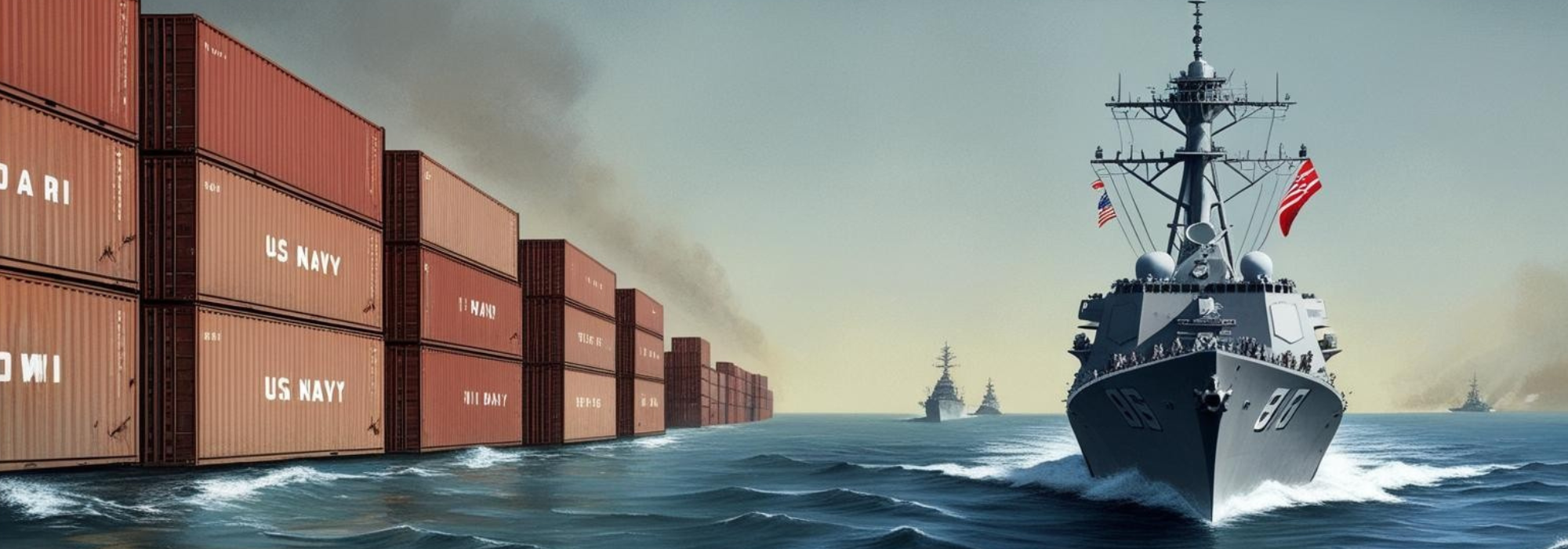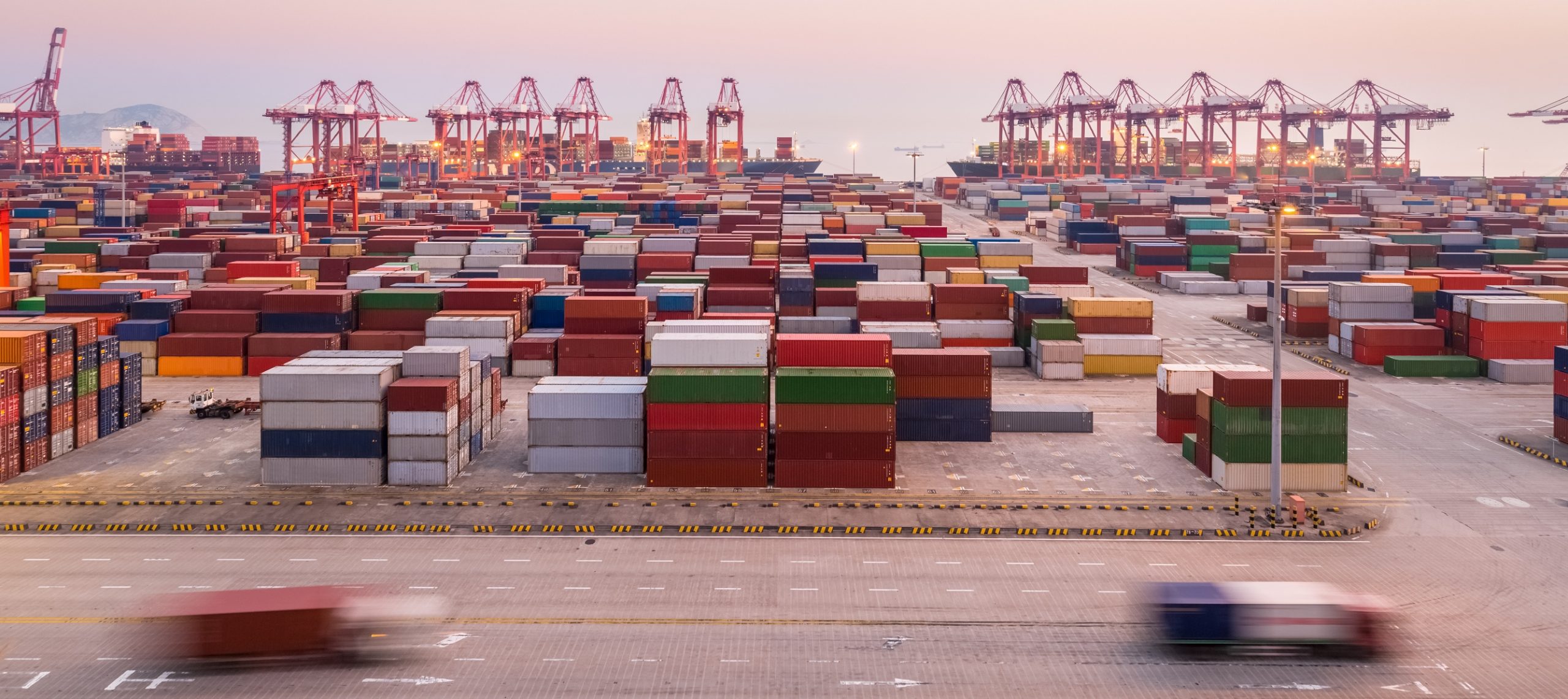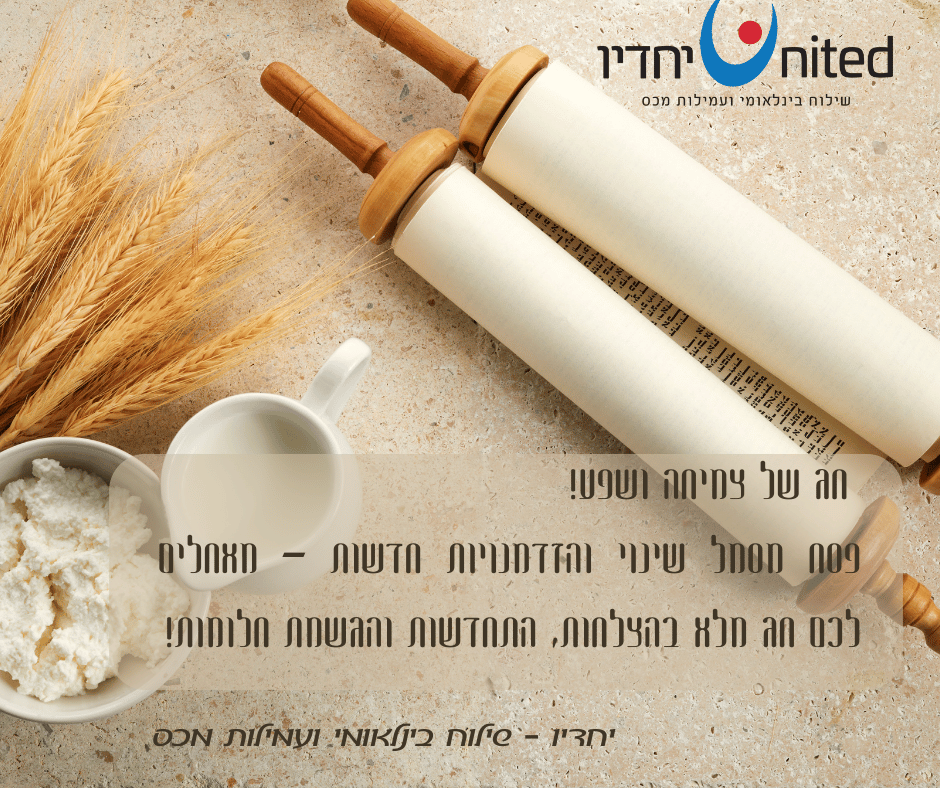
Import Exemptions and Mitigations
In specific cases it is possible to obtain an exemptions from import license, approval or permit. This does not apply, of course, to goods prohibited for import pursuant the Customs Tariff Order.
Granting an exemption pursuant article 2(c)2 of the Free Import Order
The Ministry of Economy and Industry’s Director General has determined the causes and terms for receiving an exemption. The exemption pertains to the obligation to present a license as specified in Schedule 1, and from meeting the requirements specified in Schedule 2 (labeling in Hebrew and standard-mark).
This service is regulated by Director General Directive 2.6. Applications can be submitted by an online form in the Ministry’s website, and will be sent to the relevant entity pursuant the Directive.
Exemption from Hebrew Labeling
An exemption from the obligation to label in Hebrew pursuant the Consumer Protection Order (Labeling of Goods), 5743-1983 is considered an exemption from meeting the terms of the Free Import Order (the requirement is specified in the Order).
Clothing and Textile – the goods must be labeled in Hebrew before import pursuant the Consumer Protection Order (Labeling of Goods), 5743-1983. However, there is a procedure enabling labeling at the importer’s warehouse. To comply with this procedure (Edition B-72), please contact the Ministry of Economy.
Note: safety clothing must comply with the applicable standard.
Exemption applications may be submitted via an online form according to Director General Directive 2.6 – Granting an exemption pursuant article 2(c)2 of the Free Import Order (cause 5-12).
Customs Tariff Exemption – Edition B 381
An exemption from customs tariff is applicable to some goods intended for industrial use. Applications apply according to the product’s classification in the Customs Tariff Order, which stipulates that an approval of the Ministry of Economy’s Director General is required for receiving an exemption.
Quotas for import of processed food products with a tariff exemption or a reduced tariff
Israel has bilateral free trade area agreements with various countries, in which tariffs on trade in goods have been removed. Tariffs are still applicable to food and agriculture products. However, as part of an annual quota specified in the bilateral agreements with each country, some of the goods can be imported with a tariff exemption or a reduced tariff. Importing within a quota for tariff exemption or reduced tariff is contingent on obtaining a license.
More related articles...


Tensions Escalate Amid Regional Conflicts and Maritime Disruptions
Abdul-Malik al-Houthi The leader of Yemen’s Houthi movement, Abdul-Malik al-Houthi, warned that his forces are ready to resume attacks on commercial vessels in the Red


Frequently Asked Questions About Customs Brokerage – Expert Answers from “Yachad”
1. What is customs brokerage, and why is it necessary? Customs brokerage is a professional service that helps importers and exporters clear their goods through


How to Successfully Manage a Customs Refund Claim? A Practical Guide for Importers
Introduction A customs refund claim is a process that allows importers to recover overpaid import duties. This is a complex procedure requiring compliance with precise


Customs Brokerage: Bridging International Trade and Local Law
In today’s globalized world, import and export are integral to the global economy. Every product or raw material crossing borders must comply with the


The Complete Guide for Importers and Exporters: How to Choose a Customs Broker?
Introduction In the age of globalization, import and export have become integral to the global economy. Businesses of all sizes need to import raw materials,

























